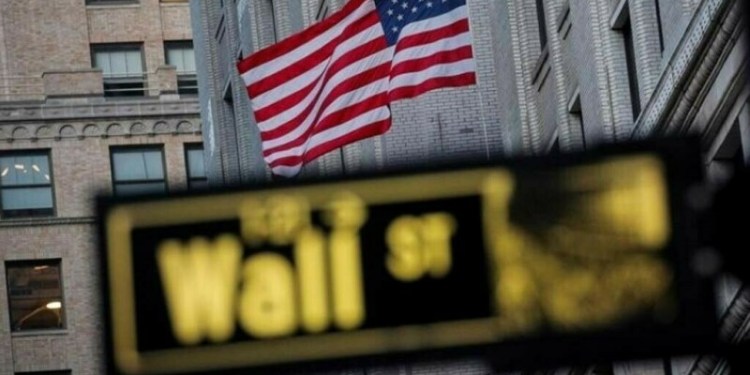Wall Street’s main stock indexes opened sharply lower on Monday and hit their lowest in over a week, as sparse trading volumes and the specter of elevated Treasury yields cast a cloud over the traditionally strong year-end rally for equities.
At 09:57 a.m. ET, the Dow Jones Industrial Average fell 651.52 points, or 1.52%, to 42,340.69, the S&P 500 lost 89.52 points, or 1.51%, to 5,881.32 and the Nasdaq Composite lost 326.47 points, or 1.66%, to 19,397.26.
All 11 S&P 500 sectors fell, with consumer discretionary leading declines.
Growth stocks such as Tesla and Meta dropped 3.1% and 2.2%, respectively. Chip company Broadcom lost 3.8%, sending the semiconductor index more
than 2% lower.
The weakness was atypical as equities tend to do well in the last five trading days of December and into the first two days of January, a phenomenon dubbed the Santa Claus rally. The S&P 500 has gained 1.3% on average during the period since 1969, according to the Stock Trader’s Almanac.
The benchmark index eked out marginal gains last week, with analysts pointing to a strong run earlier in the year that sent valuations soaring. The index has been trading in a bull market for over two years and is poised to end its second consecutive year with gains of more than 20%.
Wall Street Week Ahead: Trump’s first actions and job data to test market in Jan
However, some analysts expect Trump’s policies to be inflationary, with the yield on the benchmark 10-year note trading near its highest level since May 2024. On the day, it dipped to 4.548%.
“If yields continue to hold at these levels… this will be a strong headwind for equity prices, as investors choose the relative safety of a near-guaranteed 5% return on funds in U.S. Treasuries, compared with the uncertainty of stocks, many of which are trading at or near all-time highs,” said David Morrison, senior market analyst at Trade Nation.
The rise in Treasury yields since early December has pressured the S&P 500 and the Dow, setting the indexes on track for their roughest month since April.
After the Federal Reserve struck a cautious tone at its recent meeting, markets toned down their rate-cut expectations for 2025. They now expect the first reduction in May next year, according to the CME Group’s FedWatch Tool.
Later in the week, investors will scrutinize the ISM manufacturing activity survey for December and a weekly report on jobless claims, ahead of a key employment report due in the following week.
Shares of Boeing were down 3.5%, the worst performer on the S&P 500. South Korea ordered an emergency safety inspection of its entire airline operation system after the country’s worst air disaster over the weekend involving a Boeing plane.
Crypto stocks such as MicroStrategy lost 5.3%, Coinbase dropped 4.9% and MARA Holdings dropped 5%, tracking a 2.4% slide in bitcoin prices.
Trading is expected to be impacted by thin volumes in the run up to the New Year holiday on Wednesday and is likely to remain subdued until Jan. 6.
Declining issues outnumbered advancers by a 4.12-to-1 ratio on the NYSE and by a 3.94-to-1 ratio on the Nasdaq.
The S&P 500 posted no new 52-week highs and 11 new lows while the Nasdaq Composite recorded 24 new highs and 66 new lows.

Source: Brecorder




























